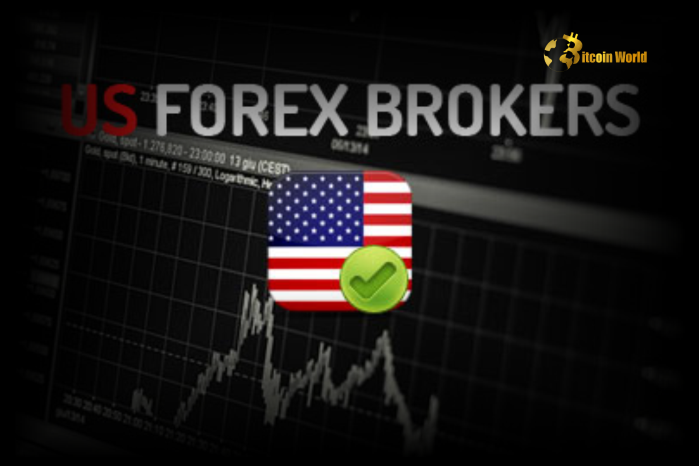Understanding Forex Taxation in the US
Understanding Forex Taxation in the US
Blog Article
Top Forex Strategies for American Traders
International trade, or Forex trading, brings millions of members in the United Claims every year. Its absolute size and liquidity make it one of the very most interesting markets globally. But, forex trading for beginners. takes a distinctive and strict way of regulating Forex activities. If you're seeking to industry currencies or just want to understand how appropriate frameworks form the Forex market, knowledge these rules is crucial.

Important Legal Frameworks Surrounding Forex in the US
Forex regulation in the United Claims stands apart due to its complete chance regulates and consumer protections. Two leading government figures oversee many Forex activities:
• Product Futures Trading Commission (CFTC)
• National Futures Association (NFA)
The CFTC, made in 1974, is tasked with regulating the futures and possibilities areas, international trade included. The NFA, as a self-regulatory company, operates tightly with the CFTC to enforce rules and maintain fairness in trading practices.
Enrollment and Compliance
Every Forex vendor or broker using the services of U.S. people must enroll with the CFTC and NFA. These entities are also expected to adhere to rigorous working requirements, including:
• Minimum web money needs (often greater than in different countries)
• Ongoing audits
• Solid anti-money laundering (AML) policies
• Clear risk disclosure
Violations may result in substantial fines or a lasting bar from the market. This regulatory construction aims to prevent scam, defend investors, and enhance industry integrity.
Significant Constraints on Forex Activities
Foundational protections influence how Forex operates in the U.S.:
• Control limits: The NFA sets a maximum power of 50:1 for major currency couples and 20:1 for minors. This is much lower than many worldwide markets, supporting defend inexperienced traders from substantial losses.
• Segregation of funds: U.S. legislation involves that customer resources are held split up from broker detailed funds. That calculate safeguards traders in the event a broker becomes insolvent.
• Advertising and disclosure: Firms should obviously explain risks, fees, and trading systems to clients. Inaccurate or intense solicitation methods face strict penalties.
Enforcement and Penalties
U.S. agencies regularly monitor for fraudulent systems, insider trading, and illicit industry manipulation. Mathematical knowledge from enforcement reports shows a consistent structure of penalties and settlements in recent years, highlighting continuous vigilance. This environment, while stricter than many areas of the world, produces a safer playing area for retail and institutional traders alike.
Things to Consider as a US Forex Trader
New tendencies disclose a continuing rise in regulatory measures, an emphasis on consumer training, and continuous revisions to compliance requirements. If you intend to deal Forex in the U.S., it's important to:
• Confirm a broker's productive registration position
• Stay updated with regulatory improvements
• Evaluation chance disclosures prior to making trades
This process diminishes unforeseen deficits and promotes your prospects in a firmly managed but powerful marketplace. By knowledge legal regulations, U.S. traders may confidently take part in the Forex market while keeping within the variables of the law.
Report this page